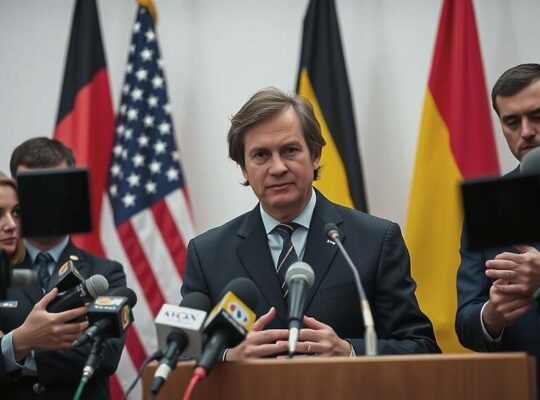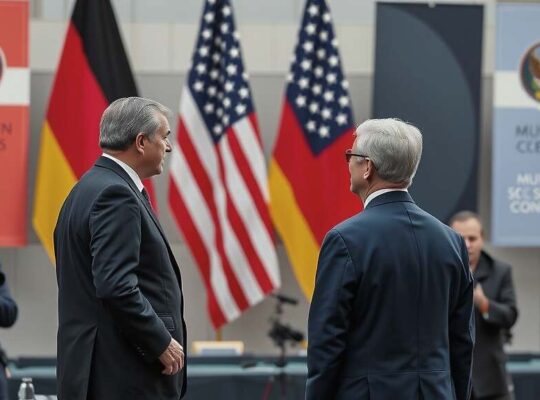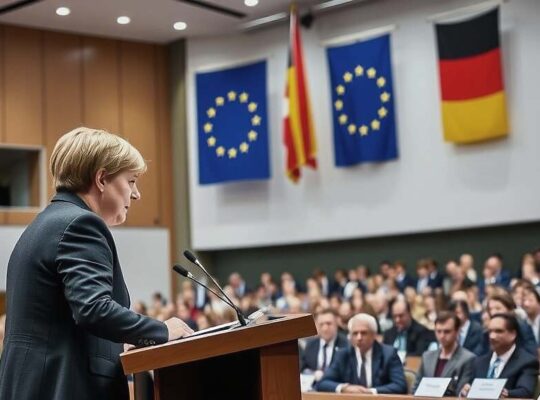The German Chancellor, Friedrich Merz, pledged support for infrastructure upgrades in Saxony during a visit to Dresden earlier this week, signaling a renewed focus on regional economic development and highlighting potential tensions within the governing coalition. While reaffirming the federal government’s commitment to modernizing existing transportation networks, Merz’s statements underscored a lingering shortfall in funding for key trans-European rail links vital to Saxony’s burgeoning microelectronics sector.
The Chancellor specifically referenced planned railway connections between Dresden and Wrocław (Breslau), Berlin and Warsaw and Dresden and Prague, labeling them as commitments outlined in the coalition agreement that have yet to receive adequate financial backing. This announcement suggests a potential policy disagreement, with Merz indicating a forthcoming review of budgetary priorities in Berlin. The implication is a need to reassess the allocation of resources, potentially at the expense of other federal initiatives.
Saxony’s Minister-President, Michael Kretschmer, echoed the sentiment, framing the immediate imperative as the bolstering of Germany’s economic power. Kretschmer’s pronouncements, coupled with Merz’s commitments, are being interpreted by analysts as a strategic maneuver to pressure the federal government into prioritizing regional investment. This reflects a growing narrative within Saxony, emphasizing the region’s significance as a hub for microelectronics and the crucial need for reliable transportation links to facilitate trade and attract foreign investment.
However, some critics question the focus on infrastructure spending as a panacea for economic revitalization. Concerns have been raised regarding the potential for a disproportionate allocation of funds to Saxony, potentially overshadowing the needs of other regions. Furthermore, the long-term sustainability of relying heavily on cross-border trade, especially within the context of ongoing geopolitical uncertainties, remains a point of contention among economists. The promised reinvestment, therefore, will be scrutinized for its potential to deliver tangible economic benefits while addressing broader regional disparities.












